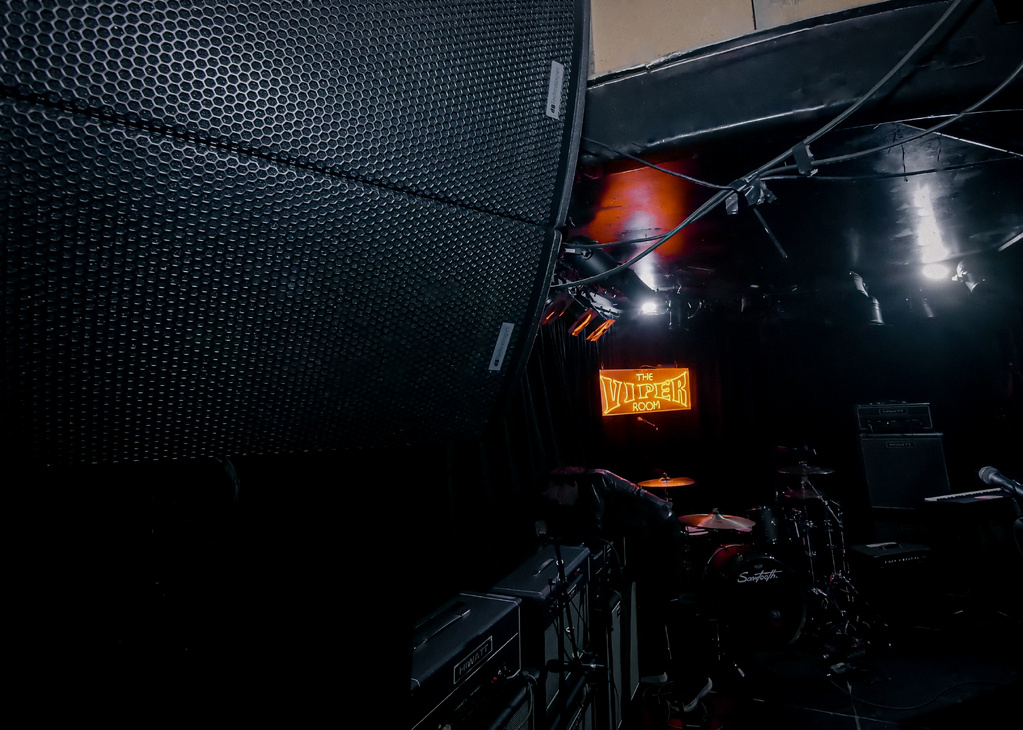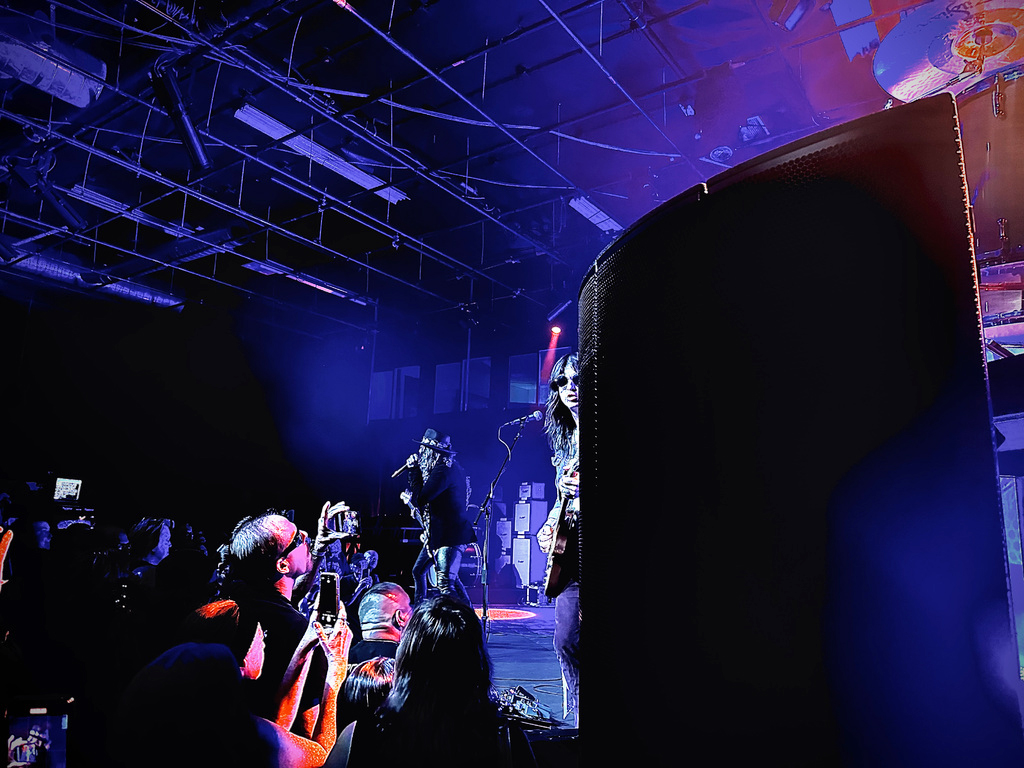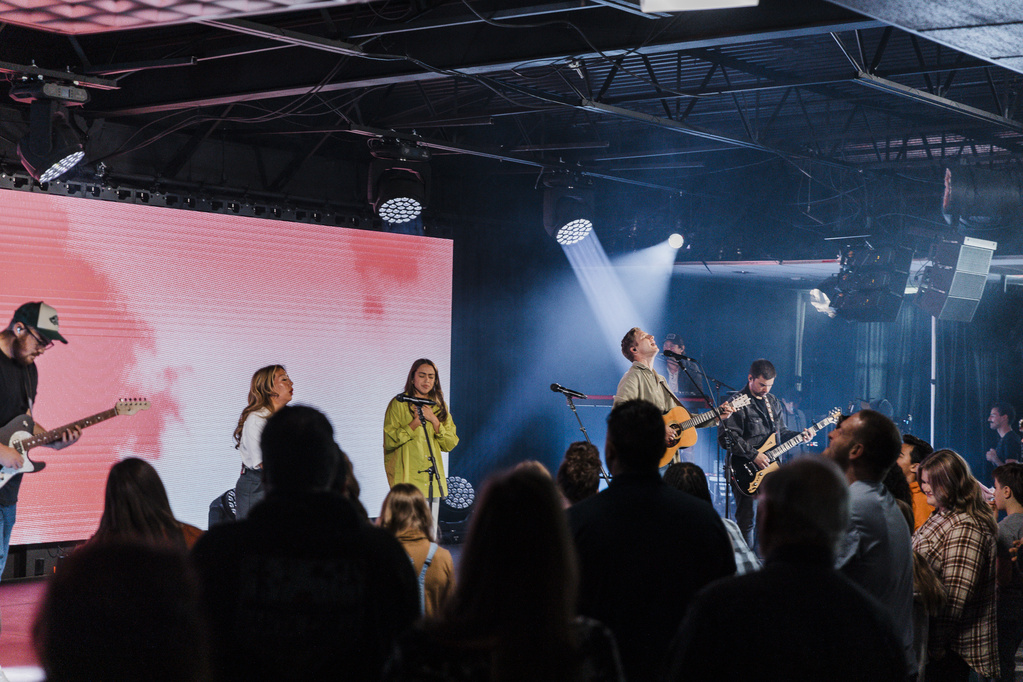When working with sound at church, we all know just how many things can go wrong. The kicker is usually when they go wrong, which invariably seems to be at the worst possible moment.
The church I belong to, like most, doesn’t have a great sound system. We sure would like to have one, but like many, we’ve chosen to make do over the years.
One day, I asked the senior pastor what his primary goal would be if we could get a new system. His reply? “We need something that would cause no distractions.”
Hmmm…
Of course, I was expecting him to mention things like audio quality, ease of use, uniform volume levels at every seat, wireless features, and so on. Thus his answer surprised me at first. But after thinking it over, I realized he was exactly right. As people who work with sound, we focus first on features and technology.
On the other hand, pastors often consider aspects that can have a negative impact on a service, which ultimately detracts from worship – and that’s why we’re all there in the first place! Everything else comes second.
I’ve always thought of the church sound operator as a referee at a sporting event. Most of the time, when either does their job well, no one notices. That’s the way it should be – no distraction. But when something goes wrong, everyone takes note – distraction.
My train of thought continued. Can a well-designed modern sound system, with simplified controls and intuitive applications, lead to fewer problems and therefore less distractions?
The majority of modern audio components perform far better than their predecessors, due to superior design and manufacture. Not to mention they’re newer and thus less susceptible to problems. As to the issue of whether they’re “easier” to operate, I believe that’s a subjective opinion of each system operator.
But this did lead me to consider another potential source of distractions, and where they often originate when it comes to sound: the training (and lack thereof) of system operators. Beyond training, how well are most churches equipped to schedule and manage volunteer (or even paid) system operators?
Now, let’s backtrack for a moment. As noted, the church I belong to doesn’t have a “whiz-bang” sound system, but it does get the job done, and we work very hard to make sure it causes as few distractions as possible. This is because we invested in quality components, which were installed by a qualified A/V systems contractor.
Not only did we choose to go this direction with the system when it was new, but we also rely on this professional to handle any upgrades of components, to fix problems that come up, and to assist with “check-ups” on a regular basis. A little preventative maintenance goes a long way.




















